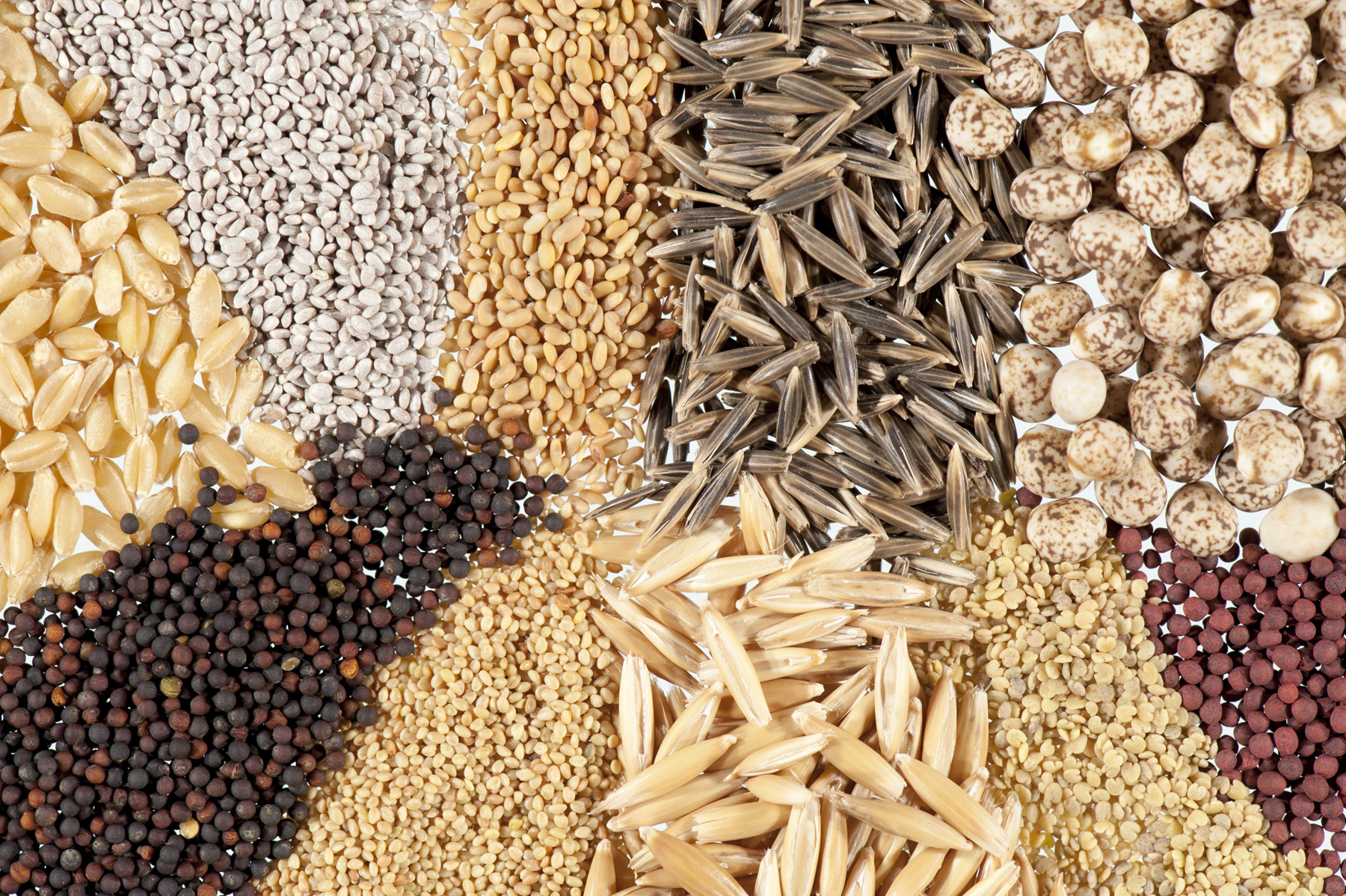Here’s how to tell you’re allergic to peanuts…
Food allergies have become a lot more common in the last decades. Before, only a few people ever claimed to have an allergy to milk, peanuts, fruit, or fish. Nowadays, it seems that everyone’s allergic to something or another. You can’t walk into a restaurant without hearing someone ordering food that’s free of some normal, everyday ingredient.
The truth is that some allergies are minor. For example, some people get flu-like symptoms when they eat Stevia, or light indigestion when they consume milk products. However, some allergies can be dangerous and even deadly. Peanut allergies, for example, bring a wide range of symptoms that run the gamut from minor to life-threatening. If you’re worried, here are a few peanut allergy symptoms to watch out for:
- Itchy skin – Hives and itchy skin is one of the most common symptoms of most allergies. The skin breaks out as a result of the histamines produced as your body reacts to the peanuts strongly. If the redness persists for more than a few hours, it’s a sign there’s something wrong and it may be an allergy.
- Nausea – A lot of allergies can cause negative reactions in your stomach, leading to indigestion or nausea. The problems will often worsen if you continue to eat the peanuts.
- Tingling or itching – If you feel tingling on your skin or around your mouth, it could be a sign you’re allergic to peanuts. The tingling may start out as an itching and develop into a full-on tingling as the allergic reaction spreads through your body.

READ MORE: Natural Allergy Helpers
- Flu-like symptoms – Most allergic reactions cause flu-like symptoms, specifically congestion and a runny nose. It’s simply your body’s response to the histamines produced as a result of the allergy. With a bit of anti-allergy medication and some rest, the problem should clear up quickly.
- Anaphylaxis –This is the most dangerous of the peanut allergy symptoms. Anaphylaxis is when your throat closes up, cutting off oxygen to your lungs. Swelling in the throat is a common response to the allergens, as is a steep drop in your blood pressure, dizziness, fainting, blue discoloration of your lips, and pale skin. At the first sign of more serious reaction, you may need to inject epinephrine (using an epi-pen). If you don’t, anaphylaxis can be fatal!
Hard to believe that something so small can cause such a huge reaction. The sad truth is that peanuts—and all tree nuts, for that matter—do contain chemicals and compounds that people have developed allergies to. Allergies are more and more common in the modern day and age, especially among children who are not exposed to allergens like milk and peanuts at a very young age. The fact that peanut allergies are so common doesn’t make the peanut allergy symptoms any less serious.
If you notice any of these peanut allergy symptoms, it’s time to evaluate what you just ate to see if there is any way you could have ingested peanuts. Maybe the sauce on your food had peanuts, or there were mixed nuts sprinkled in the salad. Sometimes even just contact with nuts (food cut on the same cutting board) can lead to the allergic reaction. It’s important that you’re careful what you eat when you go out.
And it’s not just peanuts to be on the lookout for. There are a list of tree nuts that can cause negative allergic reactions. Spend some time researching the various types of nuts to see which ones are the rela threats to your health!








